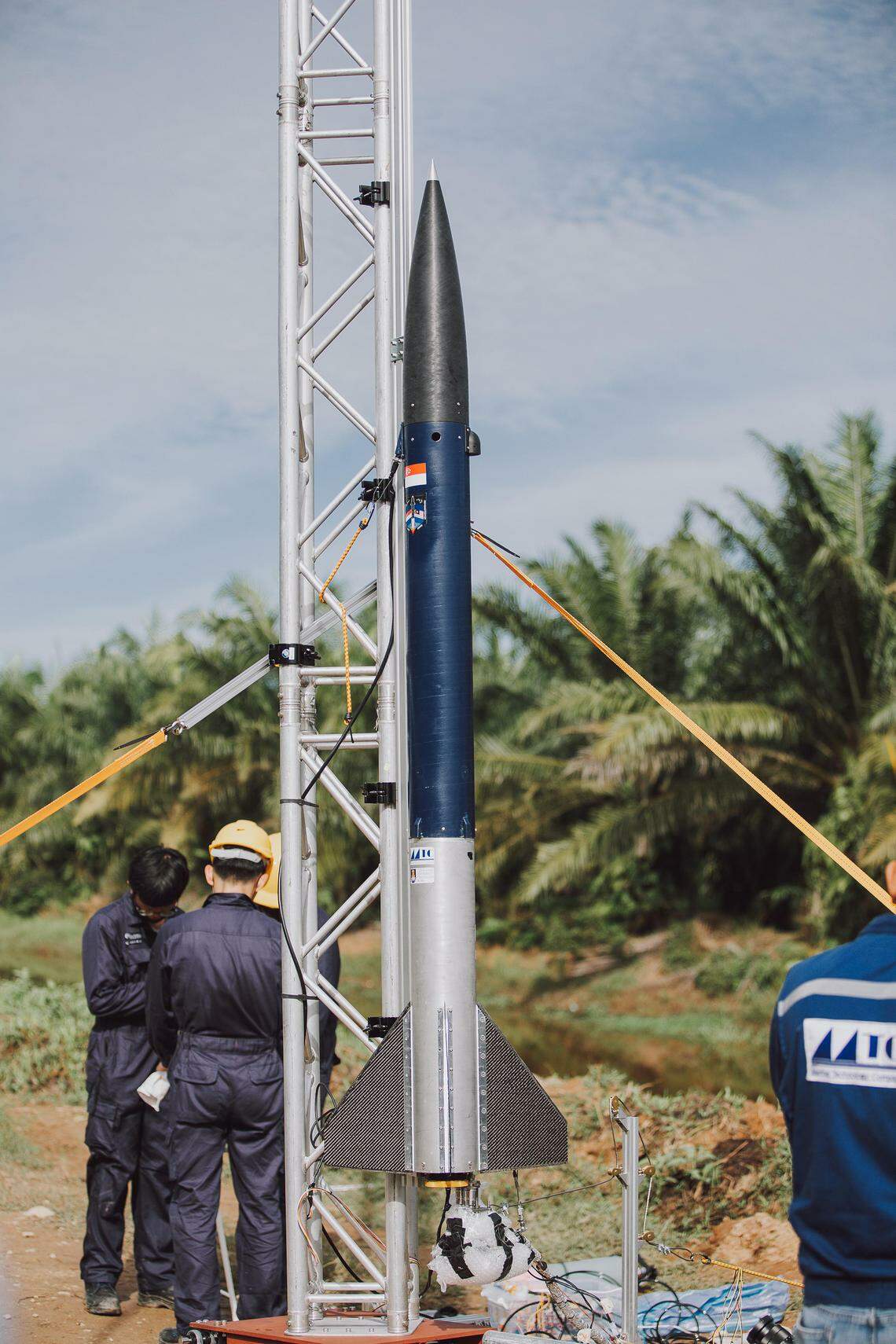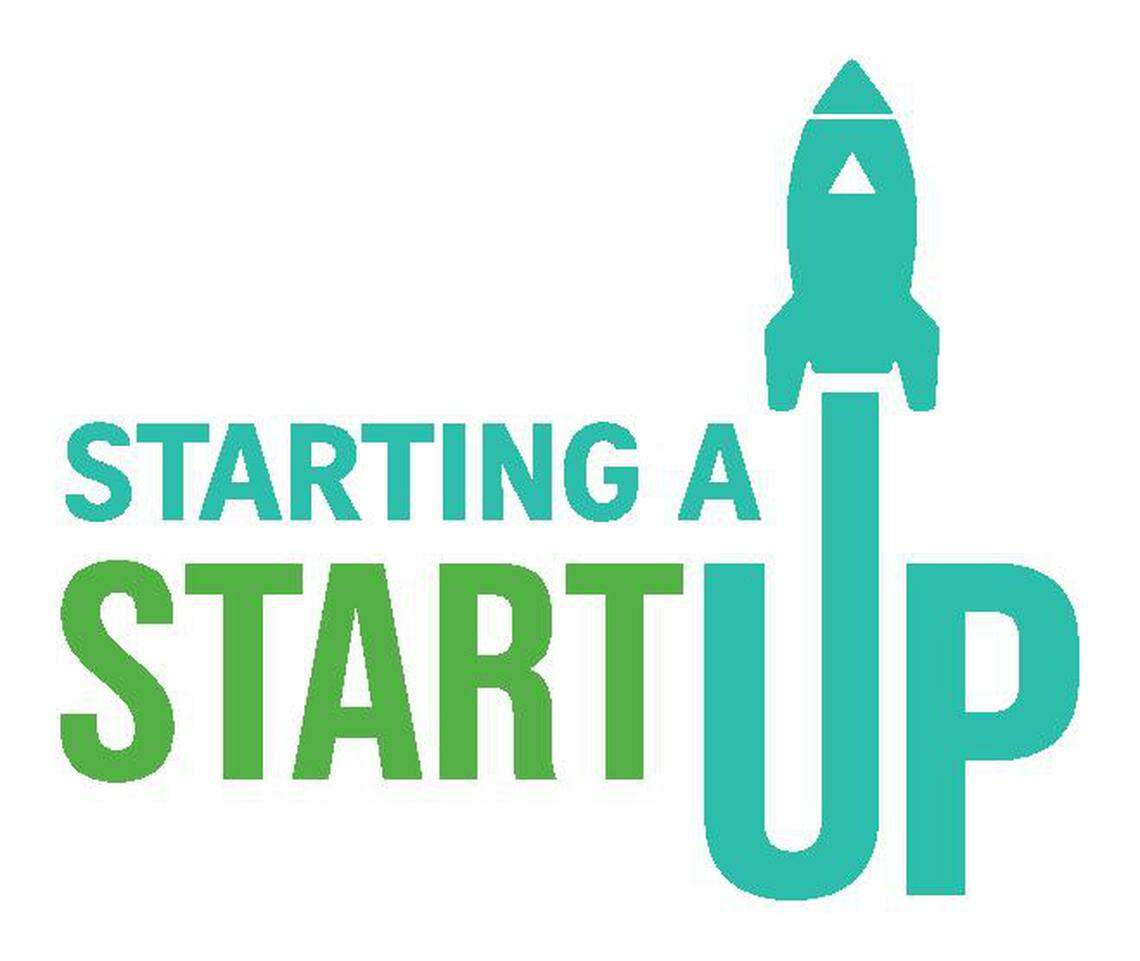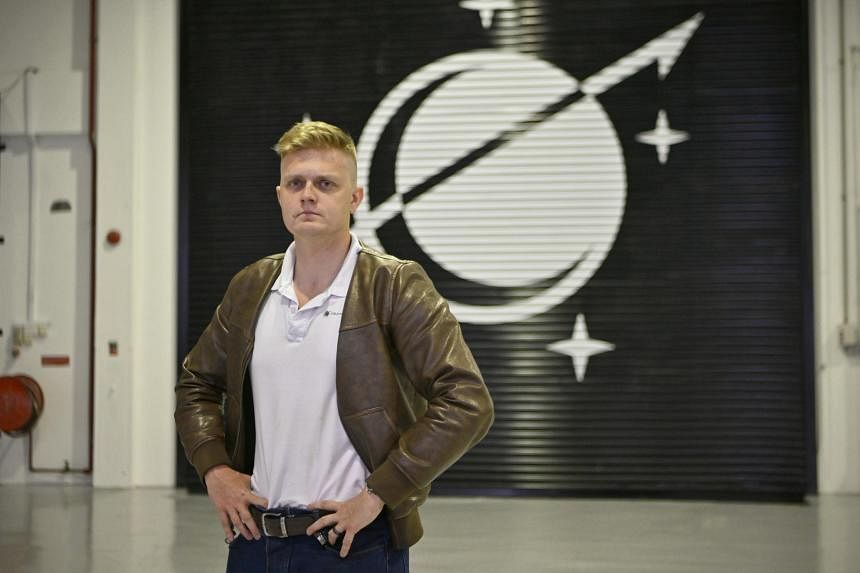SINGAPORE – When Mr Simon Gwozdz was studying at the Millennia Institute in Singapore, his strongest subject was not language, mathematics or the sciences.
It was geography.
And he aced every geography test, so much so that his peers began to dislike him for stealing the limelight.
But the self-confessed space geek had an Achilles heel – General Paper.
It was a subject which he consistently failed until his A-level exams, where he passed it with flying colours.
The question posed that day was: “Can space research be justified these days?”
“When I saw that, I just sat back and told myself that I got it. I decided to write it in my own way, and ended up getting an A,” said the 32-year-old Singaporean.
Mr Gwozdz is the chief executive and founder of Equatorial Space Systems, a Singapore rocket propulsion and space launch start-up.
The idea of starting a space start-up in Singapore, a country not usually associated with space travel, came about after Mr Gwozdz completed his national service and entered the National University of Singapore to study project and facility management.
He said: “That time was as good as any to get started and work towards my dream of improving the way payload and people get to space.
“There’s always that element of excitement when you’re a pioneer in a field... when you’re doing something no one has ever done in a particular part of the world.”
Founded in 2017, Equatorial Space Systems provides space access at reduced risk, cost and environmental impact.
Its patent-pending technology, a fuel formulation dubbed “HRF-1”, can eliminate up to 90 per cent of costs and 69 per cent of greenhouse gas emissions.
HRF-1, which is manufactured in Singapore, is also a safer option than other fuel formulations because of its non-explosive nature, which means that it can be stored and transported safely.
Meanwhile, Equatorial’s Low Altitude Demonstrator prototype space rocket was launched from Malaysia in December 2020. It was the first commercially built prototype rocket test flight in South-east Asia.

Equatorial has plans to launch suborbital rockets, or rockets that can reach the boundary of space before falling back to Earth, by the first half of 2024. It also aims to launch orbital rockets, or rockets designed to reach space and maintain orbit around Earth, by 2026.
These rockets are designed to carry payloads, or cargo, such as scientific research equipment and satellite parts. Equatorial’s eventual goal is to send humans into space.
Mr Gwozdz said that in the early days of the start-up, he had to learn many things from scratch because he did not have an engineering degree.
He said he taught himself the fundamentals of propulsion engineering and orbital mechanics so that he could communicate with Equatorial’s engineering team.
His company has 13 employees at its 13,000 sq ft headquarters in Tuas. It also has operations in Australia, France, Argentina and Thailand, and employs 25 people worldwide.
It plans to increase its global headcount to 60 within the next two years.
To date, the start-up has raised US$2.6 million (S$3.6 million) from investors, including Elev8, Seeds Capital and Masik Enterprises.

But like many other start-ups, the Covid-19 pandemic almost sent Equatorial back to ground zero.
Mr Gwozdz said that in early 2020, he and his co-founder Praveen Ganapathi Perumal worked without a salary, and received compensation only in early 2021. He and Mr Perumal met at a space career event in Singapore in 2017.
The rest of their employees took a 40 per cent pay cut, and the start-up had to move from its old office in Pioneer to a co-working space in Ang Mo Kio to save cost.
Mr Gwozdz also had to sleep on the floor of a friend’s flat for a period of time during the pandemic because he did not have his own place and was living in the office.
“If you’re running a company, time is literally money because you’re paying salaries, rent and utilities... And the more you’re immobilised like we were, the worse it becomes,” he said.
He added that the start-up had to “bet everything” on the launch in Malaysia, which became its turning point.
Mr Gwozdz came to Singapore from Poland when he was 16 years old.
He said he draws inspiration from his father, a commercial pilot, and the 1995 film Apollo 13, which starred Tom Hanks. These influences shaped his childhood and also served as the driving force behind the creation of Equatorial.
He intends to return to school to further his studies in engineering so that he can better contribute to Equatorial beyond its business aspect.
Reflecting on how far Equatorial has come since its launch, he said: “A lot of kids have this kind of dream. I just refused to let go of it.”
Fun facts about Simon Gwozdz:
- He likes heavy metal music and plays in a band.
- His favourite lunchtime meal is kopitiam hot-plate beef with a “copious” amount of chilli padi.
- He works out in a gym to de-stress.



